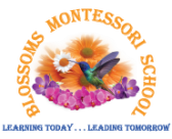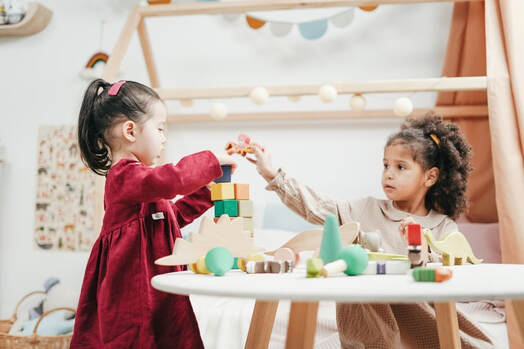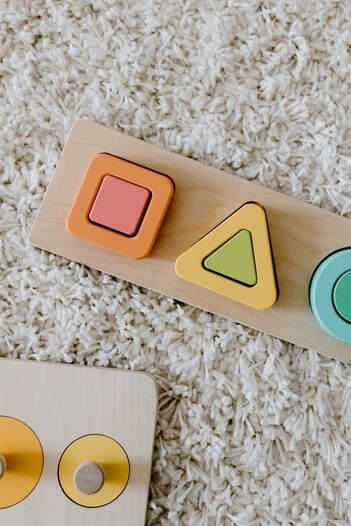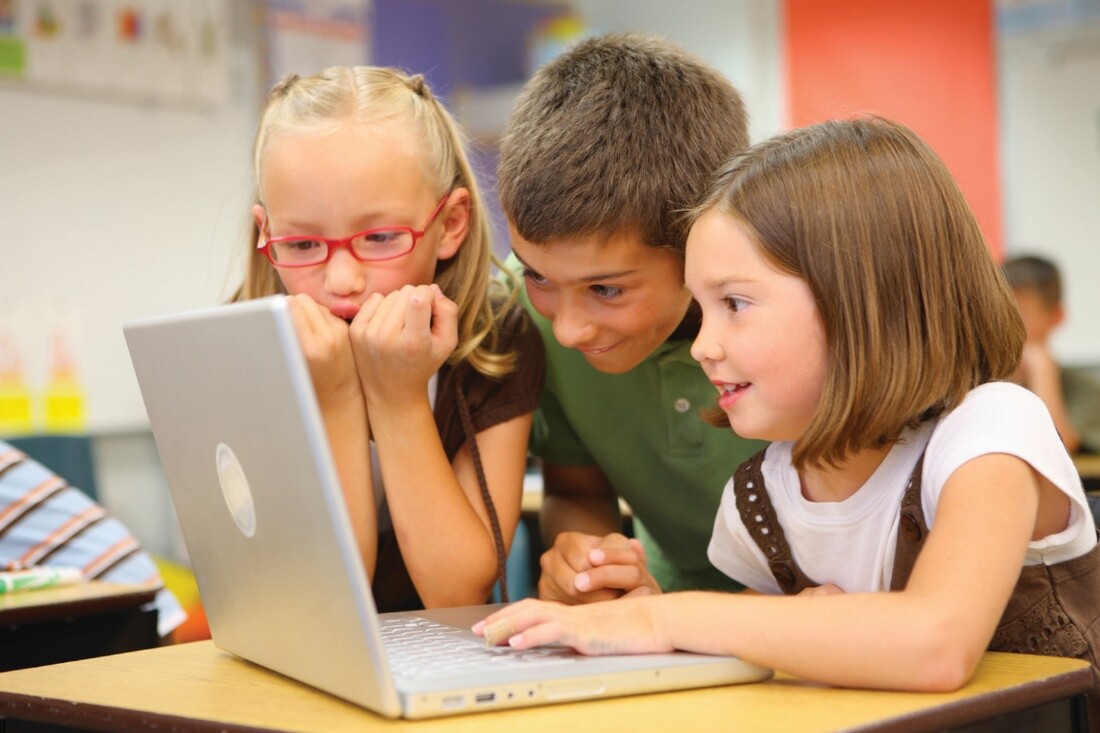|
With many different options of getting your child educated in the best system possible, it is often discussed whether the Montessori education is a better path or the traditional one. Well, to make your decision easy, we have decided to list all the differences between the two so that you can make the best decision. 1. Children as Unique Individuals In the Montessori education system, every child is treated differently according to his personality and unique abilities. On the other hand, the traditional education system educates children to learn new things and concepts in the same way. 2. Nurturing Independence Montessori education teaches children to be independent learners, and they are encouraged to reach their highest potential. However, in traditional education, the children are required to follow the same curriculum or read the same books, which leaves some of the children behind as not all children are equal and of the same caliber. 3. New Variety of Learning Techniques
While the traditional education system can have some interesting learning techniques such as having quizzes and having to write down things so that they could easily be memorized, it is not always interesting and can sometimes frustrate the child and pressurize him. This is certainly not the case with the Montessori system. The concept of Montessori is to believe that each child is intelligent and just has a unique learning capability, therefore this system is carefully designed, and Montessori teachers are specifically trained to develop the child’s skills and encourage independence and freedom of expression. 4. Mistakes and Failures We all believe that mistakes make us a better person, and this is how it should be. However, this is not the case with the traditional system. If you have made a mistake or have failed an exam, you are required to retake it or not be promoted at all, which crushes the child's morale, and the child also feels embarrassed. However, in the case of the Montessori system, the children are taught that mistakes are not something to be embarrassed of, but they are to be embraced and the errors should be resolved through the assistance of their teachers. As we mentioned, mistakes are a part of the learning process, and the Montessori system accepts this idea. 5. Thinking Outside the Box The Montessori system takes the "thinking outside the box" approach for their children as well as their teachers. It is not only learning for the children but also for the teachers. The Montessori learning is hands-on, experimental and investigative to help children blossom. Whereas, in traditional learning, it is all repetitive and uses memorization with seated arrangement only.
0 Comments
Montessori Theory: Reasons Why Your Child Embraces Repetition & Develops Will in Montessori10/3/2022 Montessori methods used in daycare these days are among the most used methods of child development, and it is based on the idea that a child leads the development of himself. Montessori methods focus on giving respect to a child. A Montessori environment is carefully planned and designed to fulfill the demands of a child. Montessori theory is focused on the autonomy of the children and gives them an environment that helps them grow and make them valuable members of the society. Montessori methods are child-centered development methods. Dr. Maria Montessori, who introduced the method in childcare, divided the period of birth to 6 years old into the subconscious and conscious periods. These periods were also subdivided into sensitive periods of math, order, refinement of the sense, language, manners, and movements. The Montessori approach used in preschools is mainly based on how children learn through modeling and imitation. Children usually imitate almost anything adults do because children enjoy watching the routine activities of an adult. This is the main reason for introducing children to practical tasks first as they are familiar and can imitate better. A child becomes a productive and effective adult when he masters practical life activities. Montessori methods are based on a holistic approach that helps the child develop the whole self by sharpening the fine motor skills, concentration, groomed manners, autonomy, self-regulation, and self-esteem. The Montessori methods sharpen a child's motor skills and manners and help the child master daily living essentials such as dining table manners, opening and closing containers, and folding napkins.
The child also learns to take care of himself by washing his own hands, putting on a coat, dressing himself or preparing simple food. The child is also taught to be courteous and well-mannered with his peers. You can also expect your child to care for his environment, such as watering plants, dusting, or any simple household chores. Montessori methods in childcare also teach a child to be at peace not only with himself but also with the world. The child is also taught to accept his own mistakes and correct them by self-correcting and self-learning. This teaches the child to have an internal locus of control and correct his errors even in his later adulthood years. All these activities being used in preschools contribute to the child's learning and a sense of autonomy. The child learns about his will and understands that repeating a behavior will help him learn better. |
Blogs
Author
As a highly experienced Montessori educator with a coveted AMI credential from Association Montessori International, I have spent over 22 years helping children discover their full potential through an individualized approach to learning. Along the way, I have mentored and coached countless educators, equipping them with the tools and techniques to foster growth in their own students. In fact, I have trained over 65 teachers to date. Currently serving as a Director, I bring a wealth of knowledge and expertise to every aspect of my work. Whether you are a parent seeking the best educational opportunities for your child or an educator looking to improve your own practice, I am confident that I can help you unlock your full potential. Archives
June 2024
|
Contact Us
|
|
| Child Care Learning Center | Daycare Center |
Blossoms Montessori School All Rights Reserved.




